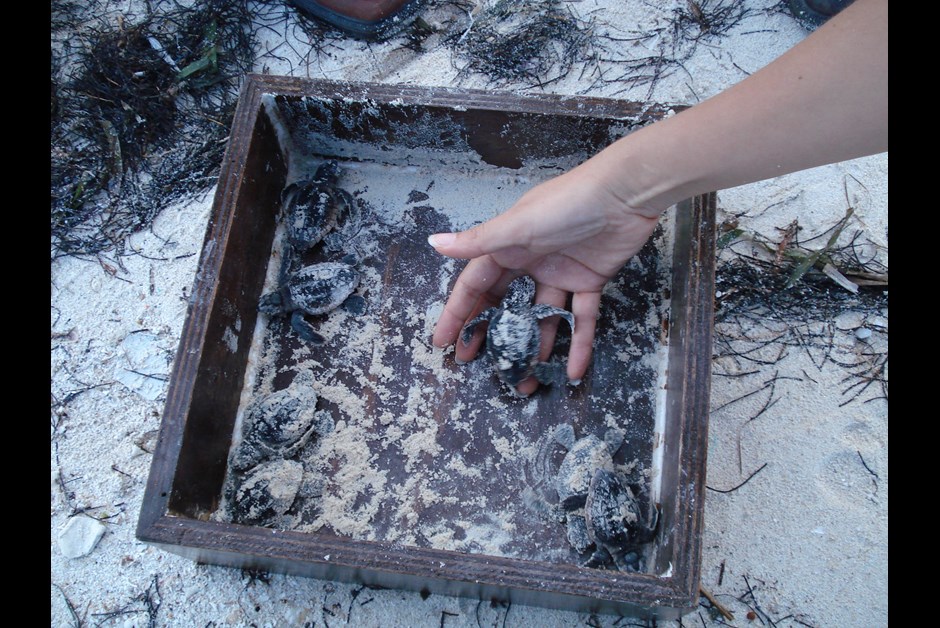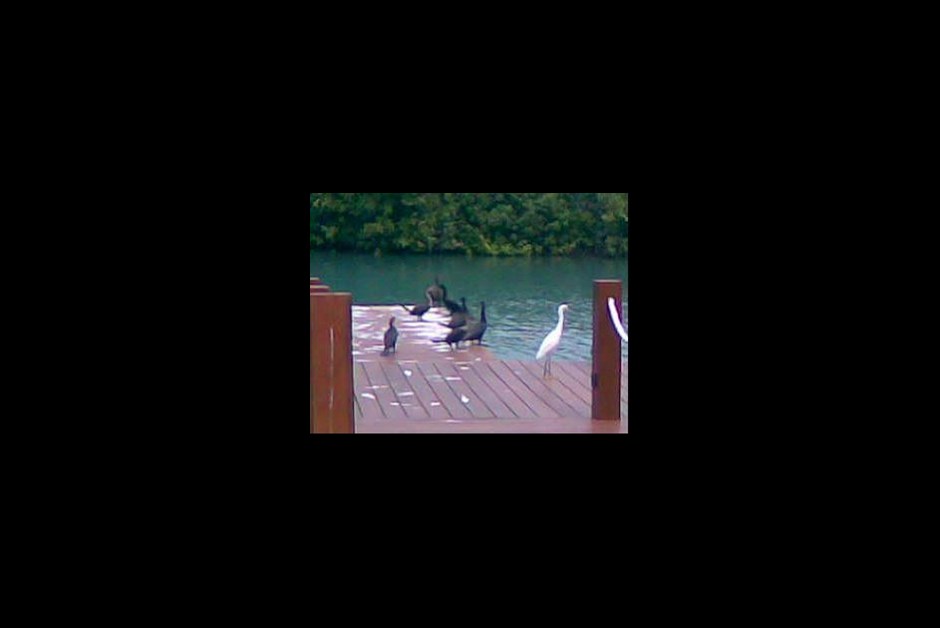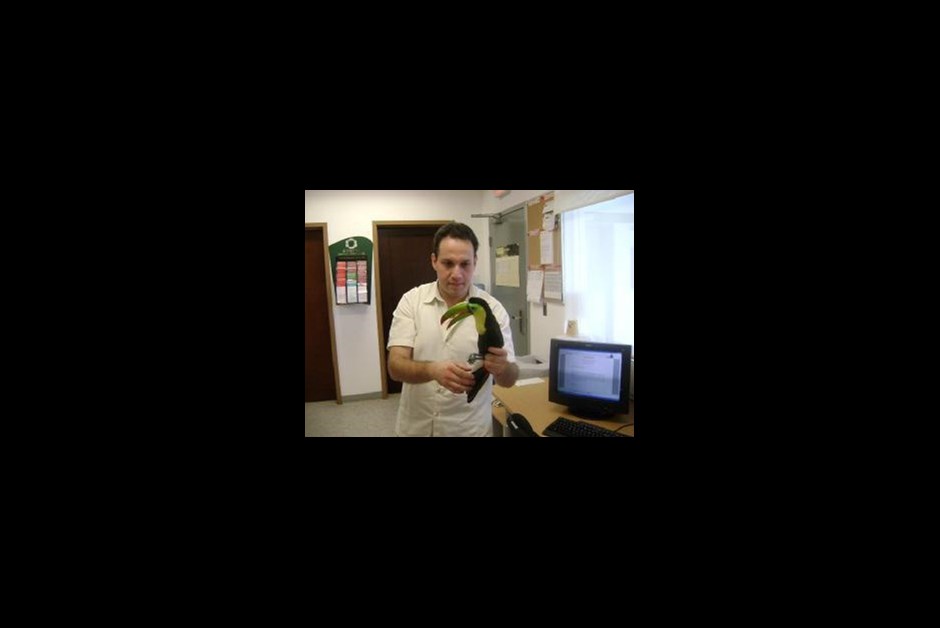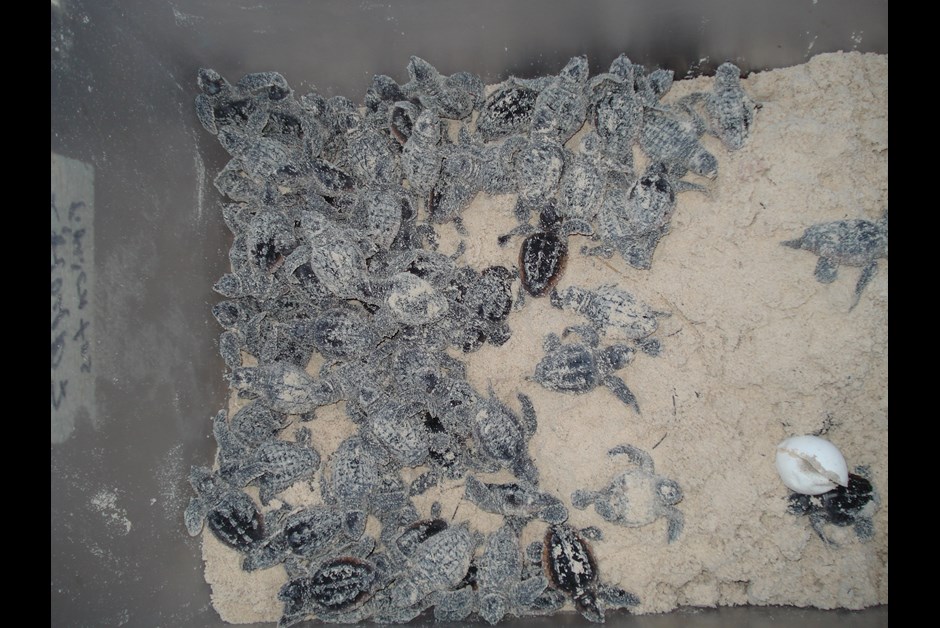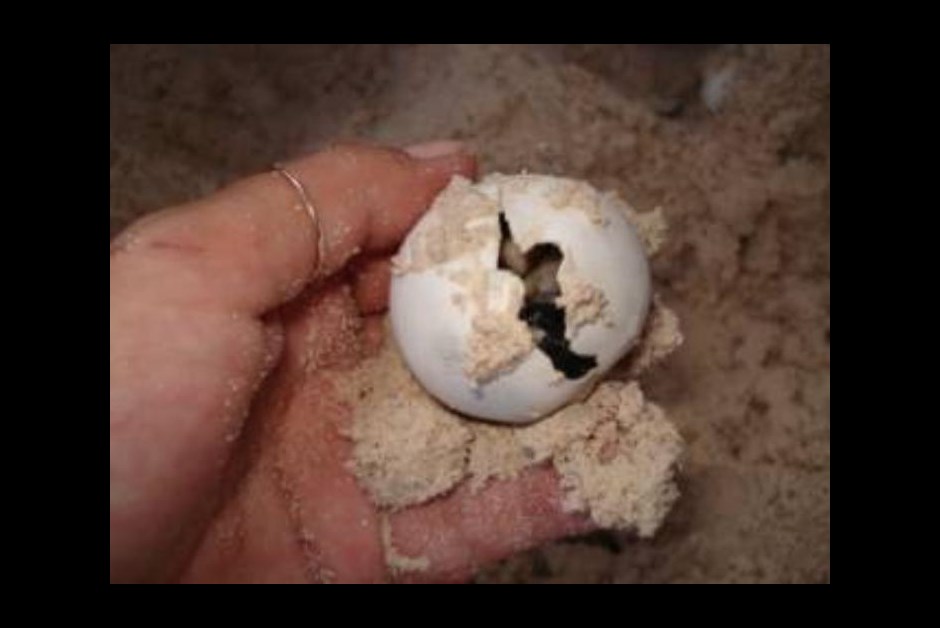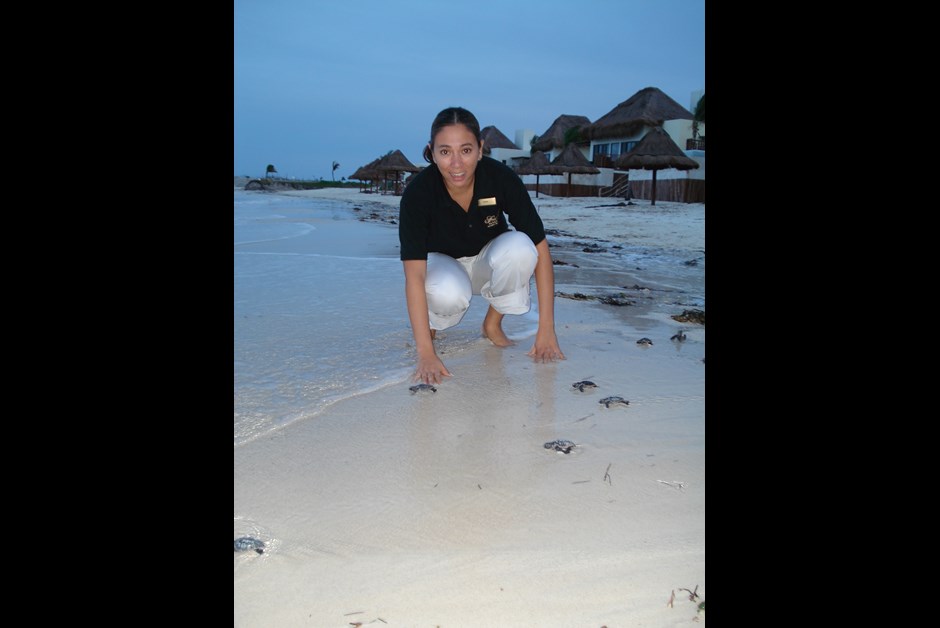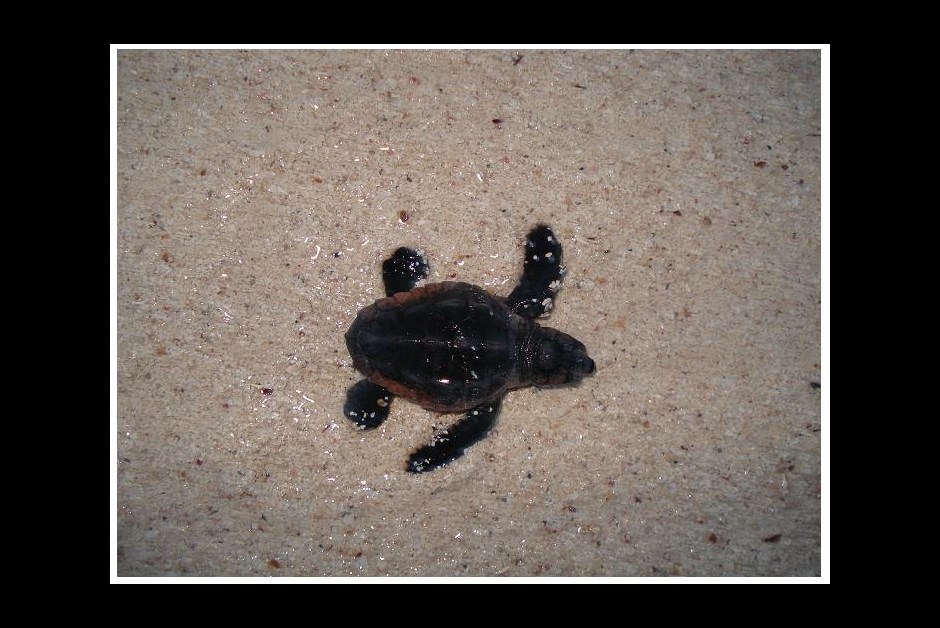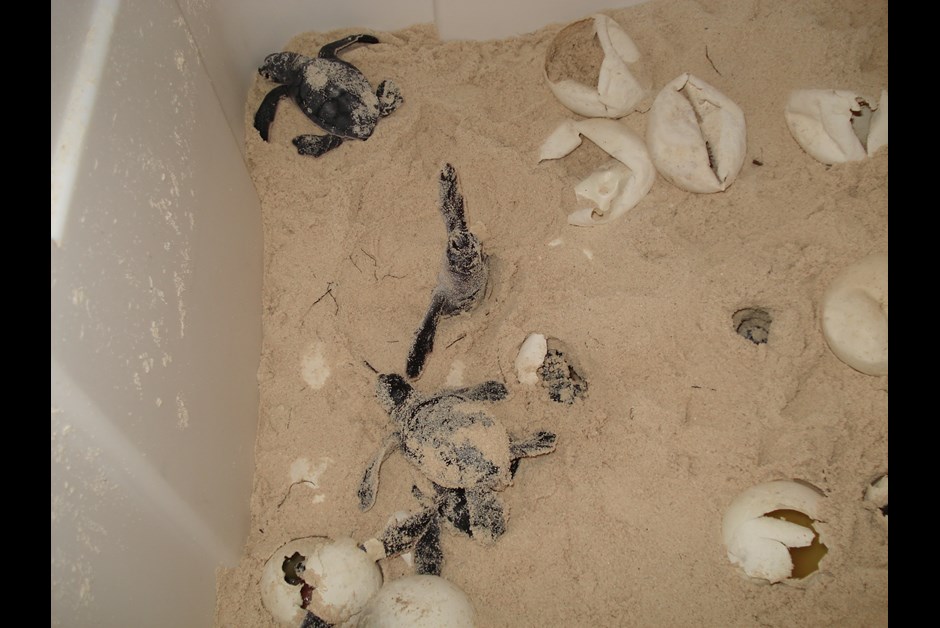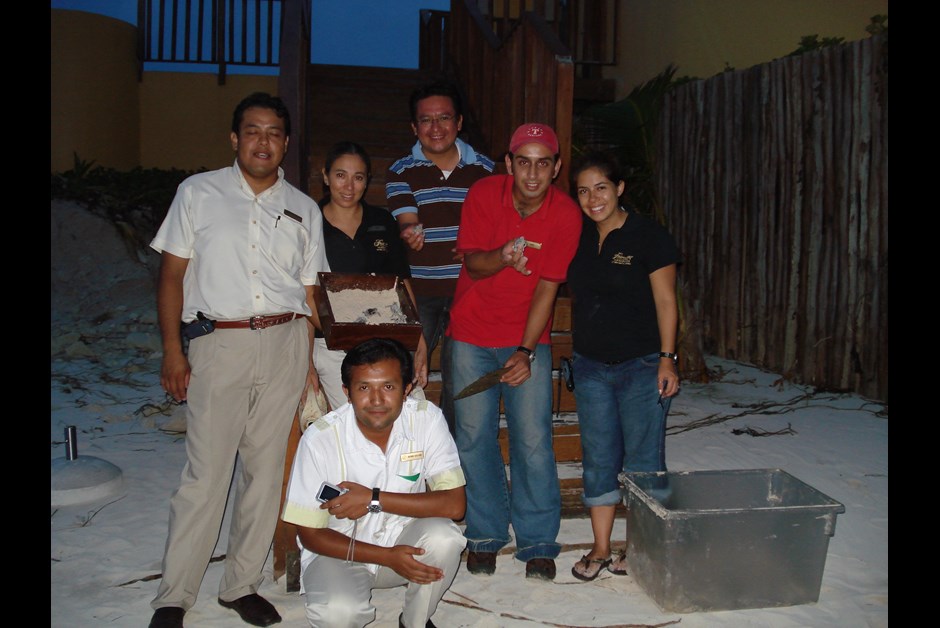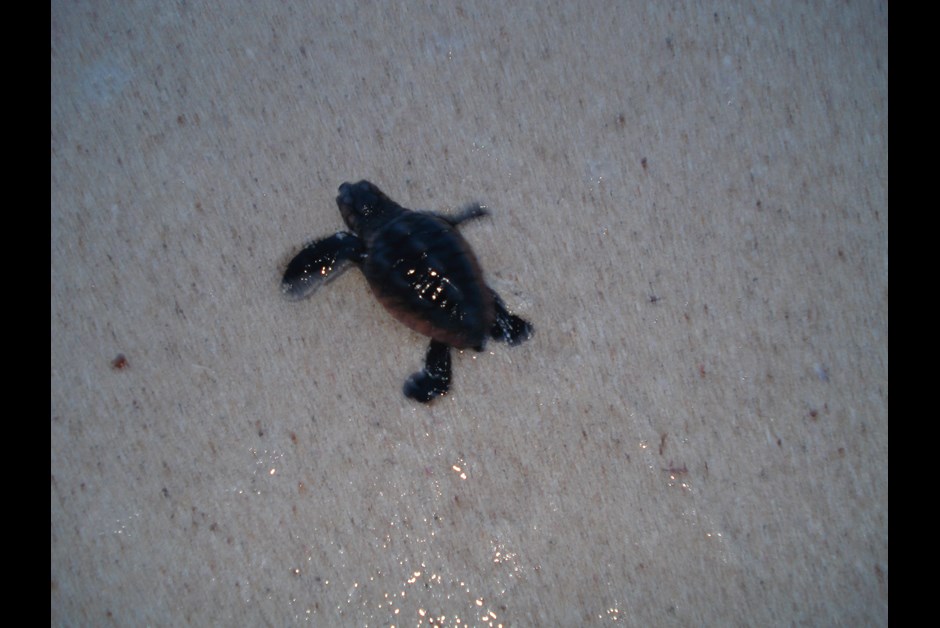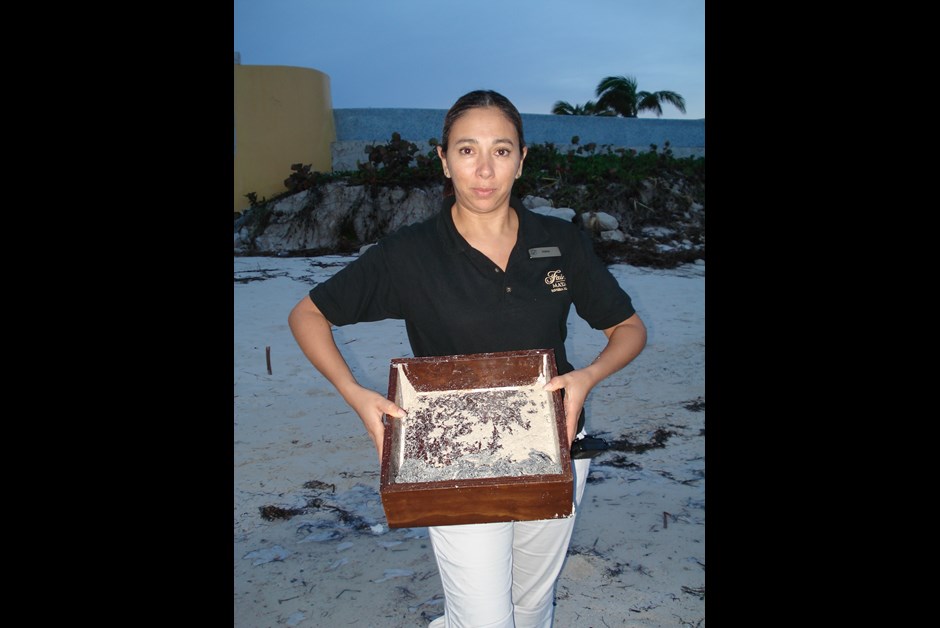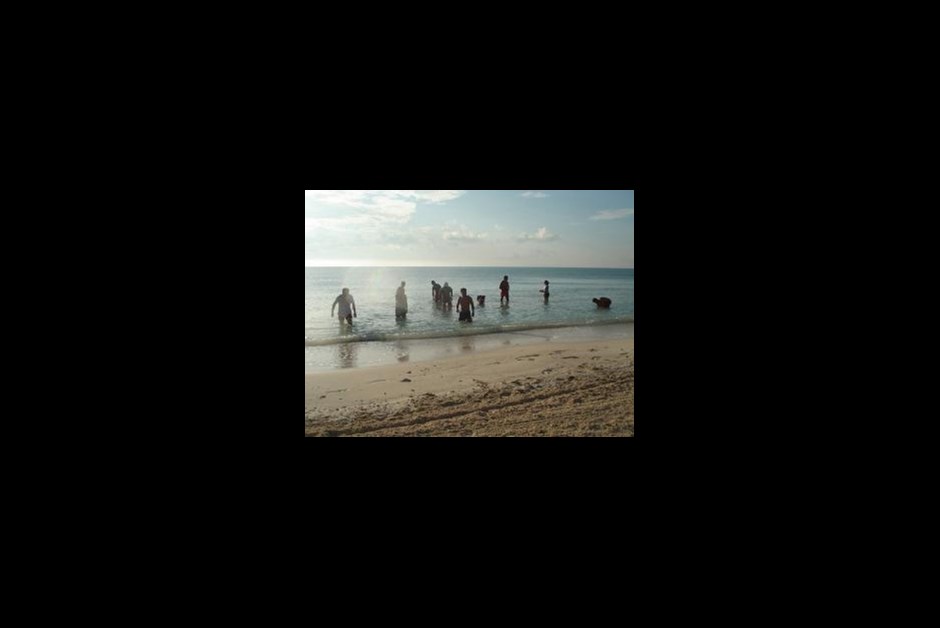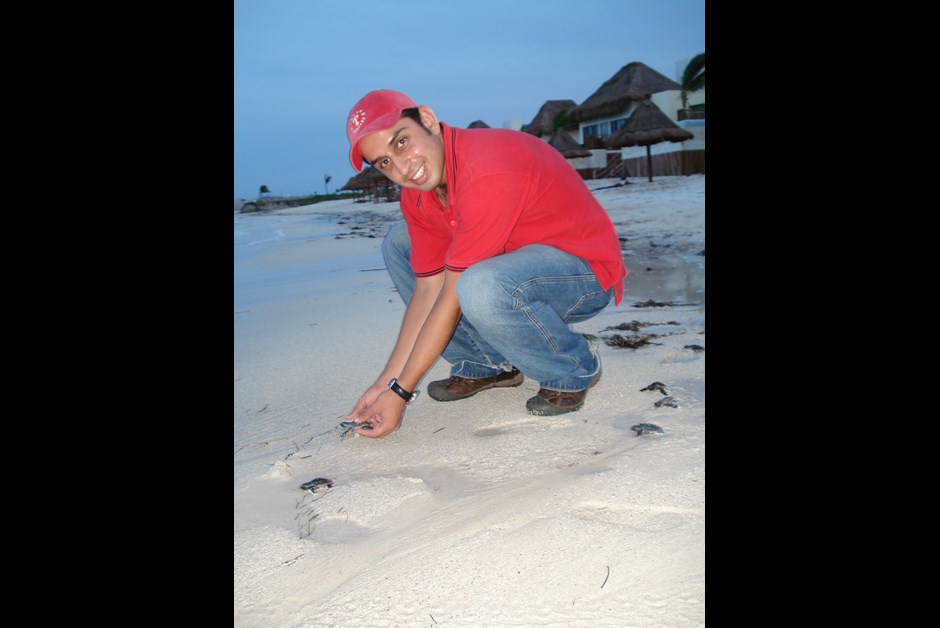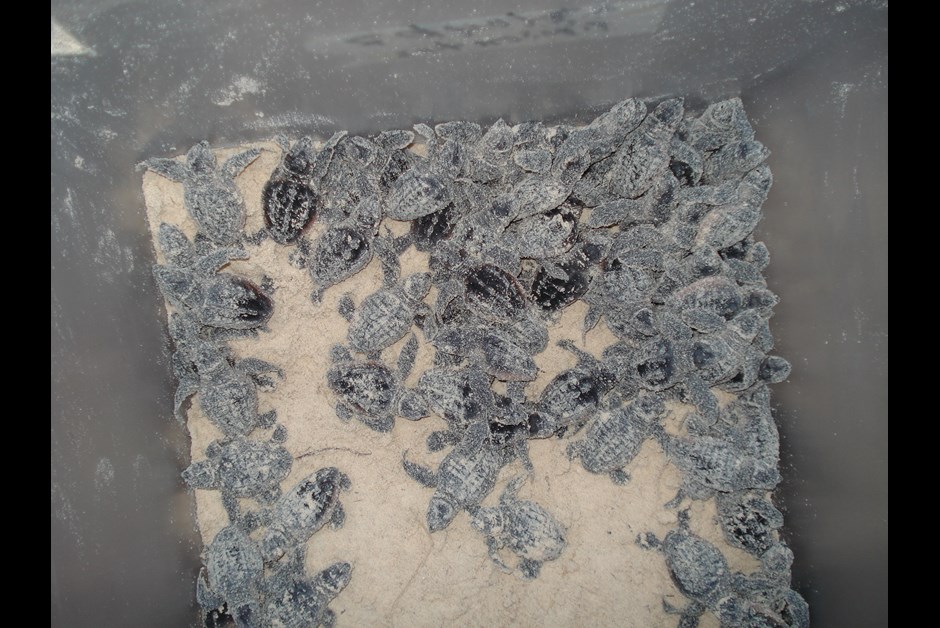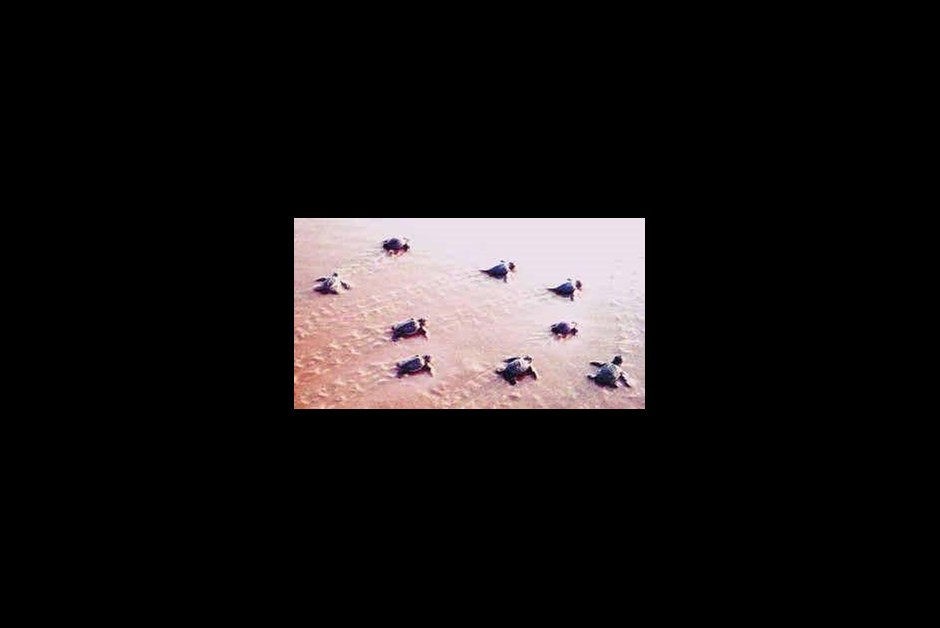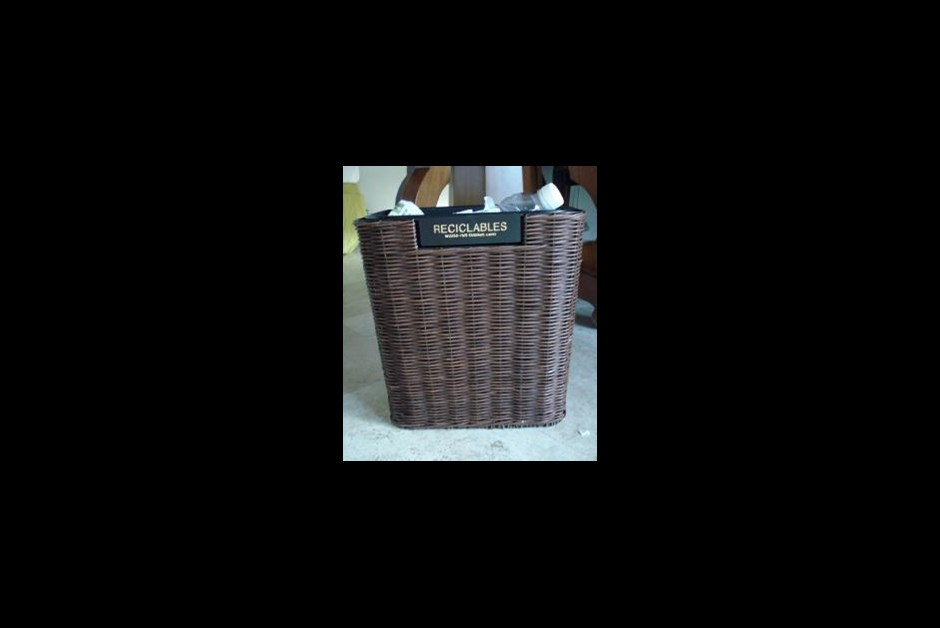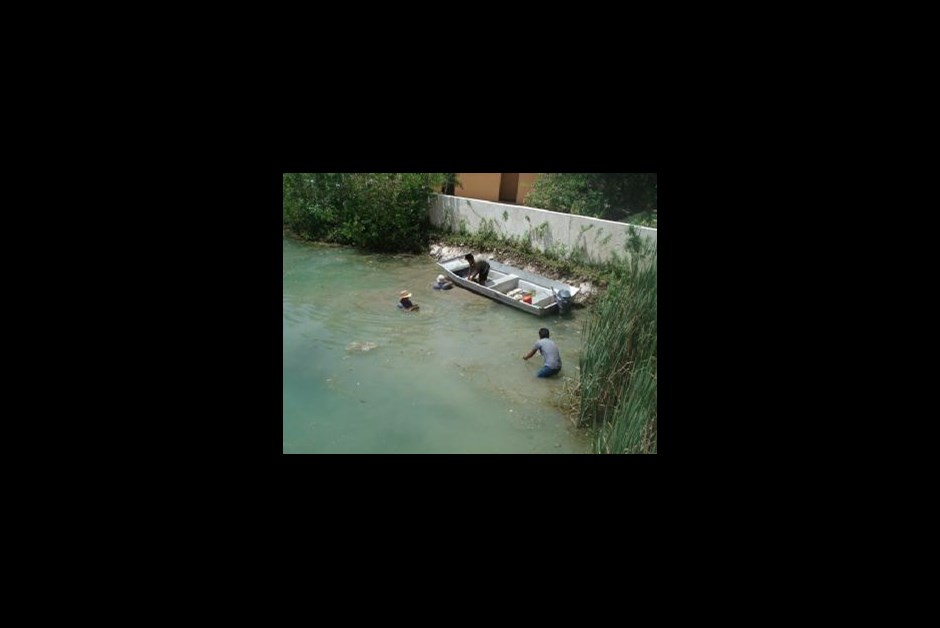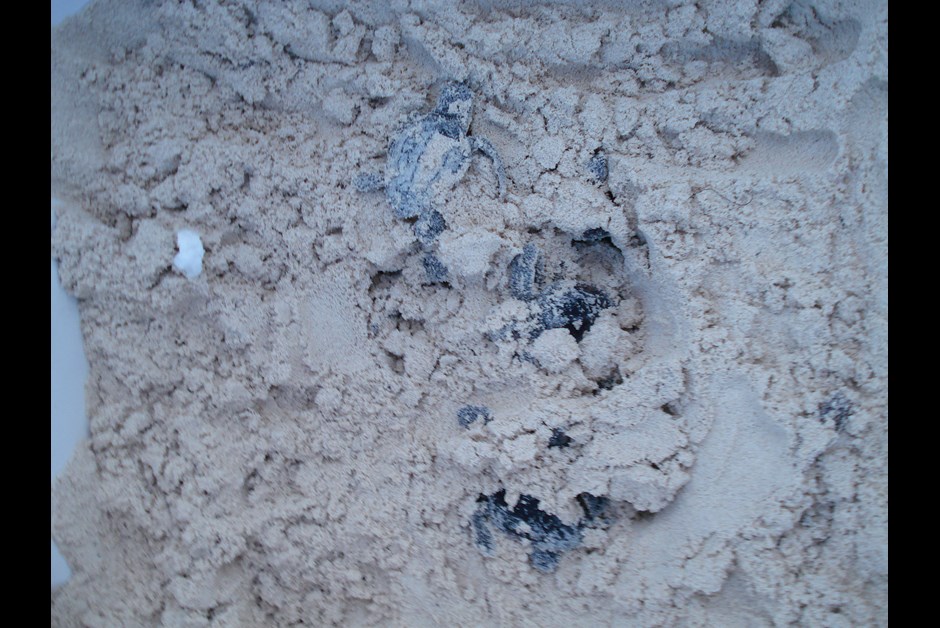Fairmont Mayakoba Environmental Initiatives and "Marine Turtle Camp"
Learn more about Fairmont Mayakoba or make a booking.
In Fairmont Mayakoba, we have respected the natural forest we have within the resort since its design, as an example some of our casitas and paths were moved to respect a very particular tree. Also, during construction, each area of forest between casitas was respected and protected, which has allowed us to have an outstanding landscaping just one year after opening. Additionally, more than 1500 trees that were rescued and relocated in order to build the Casitas, instead of cutting them.
In order to protect our valuable mangrove, one of the most important coastal ecosystems, Mayakoba has protected and preserved 70% of its mangroves. That's why the majority of the rooms are behind the mangrove and only a few in front of the ocean.
The lagoons are one of the main attractions of Mayakoba and were human made. A group of scientists and specialists found a way to expose the underground fresh water and designed the lagoons with it. This design has now allowed the lagoon system to function naturally now. The fauna that we have in our lagoons today got there on their own. We will not be adding any new species to the ecosystem to avoid any disturbances to the biological equilibrium.
Fairmont Mayakoba Fauna Management:
- Marine Turtle Camp miTORTUGA Fairmont: The beachfront of Fairmont Mayakoba is starting to become a preferred site for nesting turtles. We protect each nest we find in order to guarantee that the turtle hatchlings arrive safely to the ocean.
- Turtle Garden: In our gardens we have an area that was used naturally by freshwater turtles, so we designed a turtle garden where our guests can admire them and learn about these beautiful animals.
- Rescue of animals: Due to the hotel configuration, and the fact that the hotel is immersed in a forest ecosystem, it is really common to have some animals wander into our common areas. These animals are safely relocated to areas around the property as soon as they are reported.
- Bird Sanctuary: Some of the wildlife around the property particularly enjoys using our docks. These cormorants (birds) are using the docks of the hotel and can cause quite a mess and can get in the way when boats dock and guests exit. We are managing this situation by offering them alternative resting areas. We cut some branches of a mangrove tree and now, the cormorants and egrets prefer to use this branch instead of the docks. With this initiative we preserve our infrastructure and we do not disturb the animals that share the space with us.
Vegetation and Landscaping:
- We use an old Mayan technique that involves a selective way of cutting/managing the fast growing mangrove in order to highlight certain features, like spectacular Ficus, flowering plants, etc. This technique is called "Socoleo", and it allows us to "use" the natural forest as a part of our landscaping without altering it or its beauty.
- Some of the natural fruiting plants and trees are harvested for use within our kitchens.
- An area for compost has been established that can even be used in the middle of January. This natural compost has been made from the vegetal waste from landscaping and maintenance, which produces a natural rich fertilizer for other plants and trees to grow in.
- There is a small greenhouse on property where we have produced more than 2,000 plants for our gardens.
- There is macro algae growing in our lagoon/canal systems that cannot be treated with the use of any chemicals. That is why we remove macro algae manually by hand to help keep the water clean and spacious for other animals to live in.
Waste Management Program:
- At Fairmont Mayakoba, we recycle paper, cardboard, PET plastic, aluminum cans and kitchen used oil. There are recycling cans in every guest room.
- We also separate and manage according to Mexican laws, hazardous waste like mechanical oil, fuel, paint, batteries, etc.
Energy Savings:
- The air conditioning system in each hotel room automatically turns off when the window of the room is opened in order to save energy. The air conditioning system itself is an energy efficient "closed system" which uses the same amount of water without wasting any additional water for it to function optimally.
- The laundry department has different sizes of washing machines in order to save water by washing different amounts of clothes based on the demand/volume of laundry.
